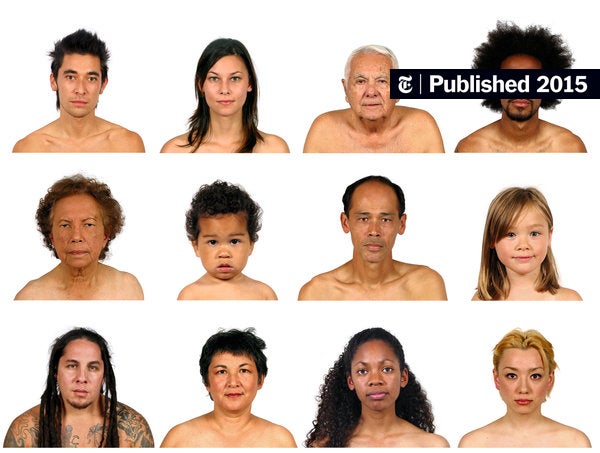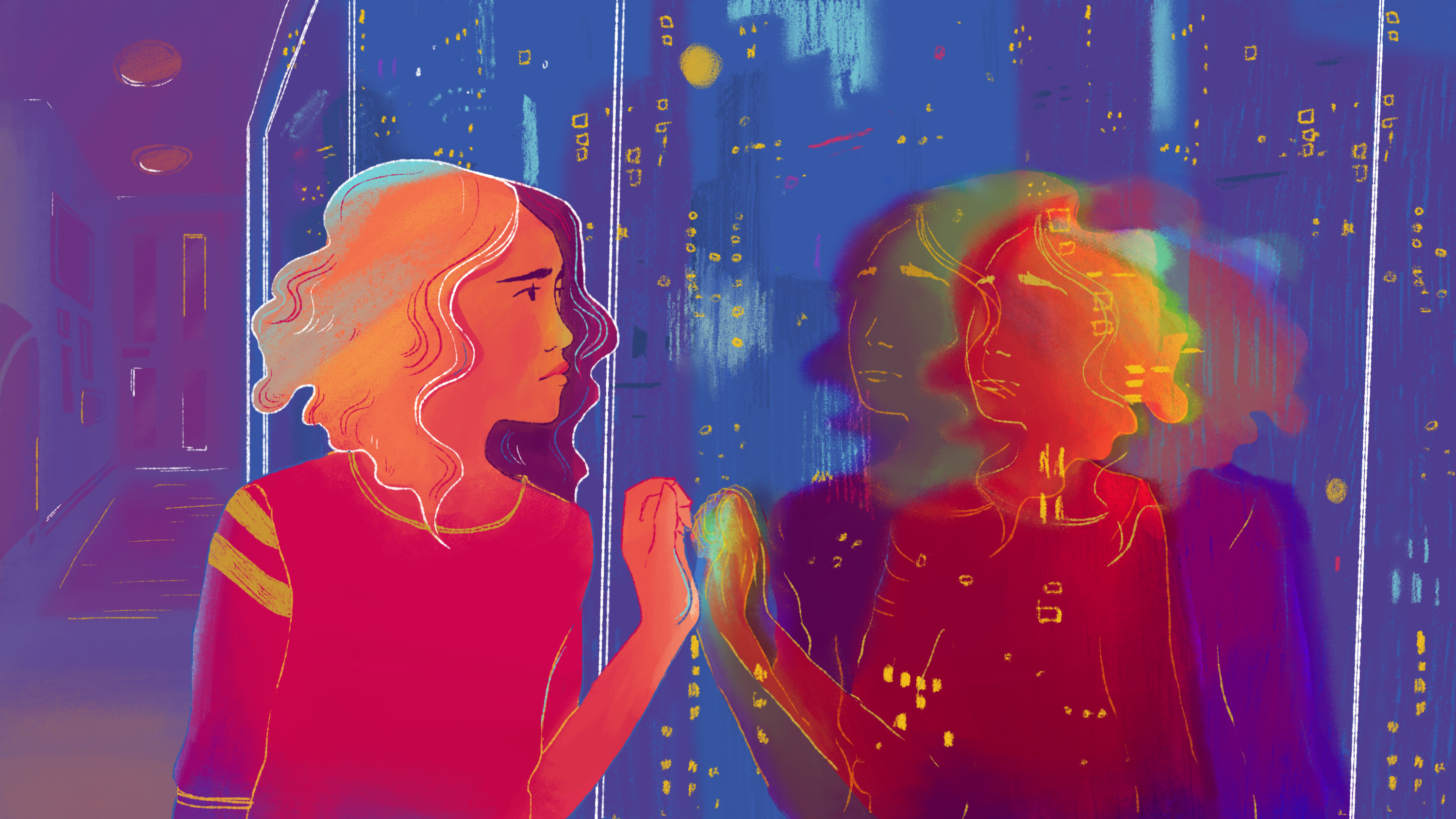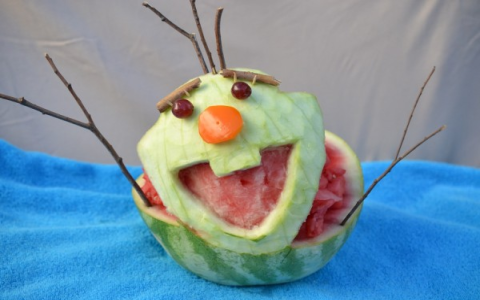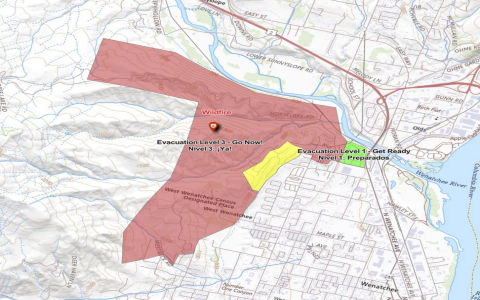I’m a Self-Hating Half Mexican
The identity crisis seems to be knocking on many doors in today’s multicultural societies. Yet, the particular issue of having a mixed background can often bear an unseen weight, especially when one half of your heritage carries a complex history. This obscure narrative is what I grapple with as a half Mexican, and how my internal struggle has turned into a self-hating charade.

Born to a Mexican mother and an American father, I was always torn between two very different worlds. The allure of American pop culture and the expectations of the ‘American Dream’ was something I found myself chasing. At the same time, I was being raised with traditional Mexican values, steeped in history, pride, and community. The battle to belong was set from the start, but little did I know, I was setting myself up for a lifelong clash with my heritage.
My childhood was a canvas painted with delicious Mexican cuisine and vibrant celebrations, but I longed for the all-American experience. The barbecues and turkey dinners seemed more appealing than the mole poblano and tamales. My internal conflict wasn’t just about food, but the perception I had of my Mexican roots. Television and media often portrayed Latinx characters in a less than savory light – think "drugs" or "unruly behavior." My young mind absorbed these stereotypes, and alas, I began to resent that half of who I was.
School didn’t help. With friends often making casual remarks about Mexicans, I’d laugh along, hoping to blend in. Each chuckle was a betrayal to my mother’s side, a side I didn’t understand because I never delved deeply into my Mexican heritage. It was easier to join in on the mockery than to be its subject. My self-hatred began to build a stronghold within me.
As I grew older, the rift went deeper. I would avoid Spanish-speaking communities, not wanting to be associated with the stereotypes. Yet, the more I pushed away that part of myself, the more restless my soul became. The pride for America, which I now recognize was indoctrinated by the pursuit of success rather than genuine cultural appreciation, started to feel superficial.
Then came the turning point. It wasn’t an overnight revelation, but a gradual awakening, catalyzed by people in my life – friends, mentors, and literature that shone a different light on multiculturalism. Slowly, I started to reconnect with my Mexican roots, which, ironically, I had romanticized as the ‘other’, the exotic part of me.
Learning about the rich history, the resistance, and the vibrant culture was a discovery of truth – a truth I had desperately needed to see. I began to embrace the food, the music, the art, understanding that my heritage wasn’t something to distance myself from but to cherish. I realized that being half Mexican wasn’t a defect to overcome but a gift to celebrate.
This journey has taught me that self-hatred, rooted in cultural identity, is a burden we shouldn’t have to bear alone. The narratives we are taught to accept about our own cultures often come from a single perspective, rarely from the depth of love, understanding, and respect that our ancestors bestowed upon us.
Today, when I look in the mirror, I see my mother’s eyes, her smile, and the strength of generations that have shaped me. I carry my American identity with the pride I once idolized, yet now, it’s balanced with the proud heritage of my Mexican lineage. As I continue to navigate this blend of cultures, I am learning that to hate the part of yourself that is inherent is to hate part of your essence, your story. And our stories, regardless of their complexity, need celebration, not suppression.




